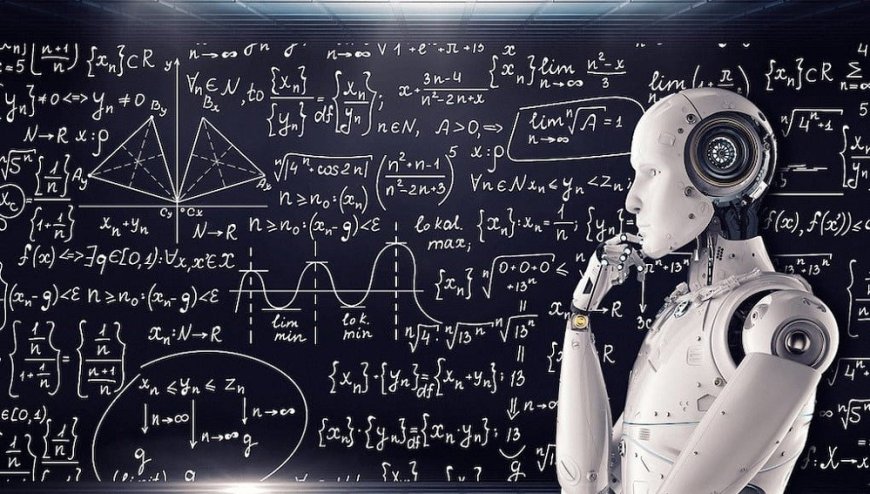Can a Teaching Machine Facilitate the Learning Process?
these questions, as recently it was presented what a learning machine could look like. Teaching Machine Facilitate the Learning Process.

Can computer science and psychology help us understand how we learn? Could a machine be created that would be able to plan the perfect lessons for each student and facilitate their learning process? It seems that we can answer yes to these questions, as recently it was presented what a learning machine could look like. Teaching Machine Facilitate the Learning Process.
Most of us have had trouble learning some things. However, we also experienced times where we learned something with virtually no effort. This shows that the learning process is dynamic.
If the machine could help us facilitate our learning process and tailor it to the characteristics of the individual, perhaps we would be much more effective and productive. A team of scientists from the University of Wisconsin-Madison may make this dream come true in the near future.
Various professors in computer science and educational psychology collaborated with computer scientist Xiaojin Zhu on his project "Machine Learning". Their goal was to expand the boundaries of learning.
Machine learning
Machine learning is a widely recognized sub-field of computer science where experts develop mathematical tools to help teams learn from data and detect patterns. Machine students (teams) resemble normal students.
This teaching machine, using advanced mathematics, allows scientists to model real human students and work out the best possible lessons for teaching. For example, this machine is able to identify the fewest number of exercises necessary for a specific student to understand the concept.
Must Read: Apple has filed a lawsuit against the famous graphic designer
While this technology is still in its early stages of development, it can make a significant difference in education. The use of this machine would be extremely beneficial in various areas. Most of all, it would help to individualize the teaching and assessment processes.
In addition, it would help students with learning disabilities understand what they are learning.
Learning machine: a combination of computer science and psychology
Timothy T. Rogers is a professor of cognitive neurobiology .Once, he explained how computer science and psychology were combined while working on a project to create a learning machine.
Roger argues that in order to start considering the use of a teaching machine at all, a good model of student behavior must be created. In other words, you need to understand the behavioral changes of different types of learning, or hands-on experience.
In addition, the model must be computational and must be able to make quantitative predictions about student behavior.
Rogers explained that, "Ultimately, we hope the learning machine can be used to help teachers develop learning plans and programs that support learning in a variety of fields." He believes that it can be used in, for example, maths, science and reading.
He also stressed the importance of the effort to use cognitive learning models that can influence real world problems and which also force scientists to make new and significant advances in the overall understanding of learning.
However, Zhu says that while the idea is simple by design, its application in the real world is incredibly complicated.
The relationship between computer science and psychology
Both psychology and computer science are scientific disciplines that focus on identifying specific features of information processing. The difference is that psychology focuses on humans, and computer science focuses on creating tools that can mimic how the brain works, that is, computers.
Psychology has several areas, of which cognitive psychology is most similar to computer science. It focuses on studying the processes by which we gain knowledge about the world and become aware of our environment.
In addition, cognitive psychology focuses on studying and understanding the operation and nature of intelligent systems (both human and artificial). This led scientists to propose an analogy between the mind and the computer. The similarity of the two systems is quite clear.
This is why scientists studying this topic, and especially those who focus on artificial intelligence, are trying to transfer ideas, beliefs and hypotheses typical of human minds to computers. Additionally, cognitive psychologists use computer models to form their hypotheses and theoretical interpretations.
So you can see that computer science and psychology are closely related. Both of these areas want to deepen knowledge about the functioning of the human mind.
